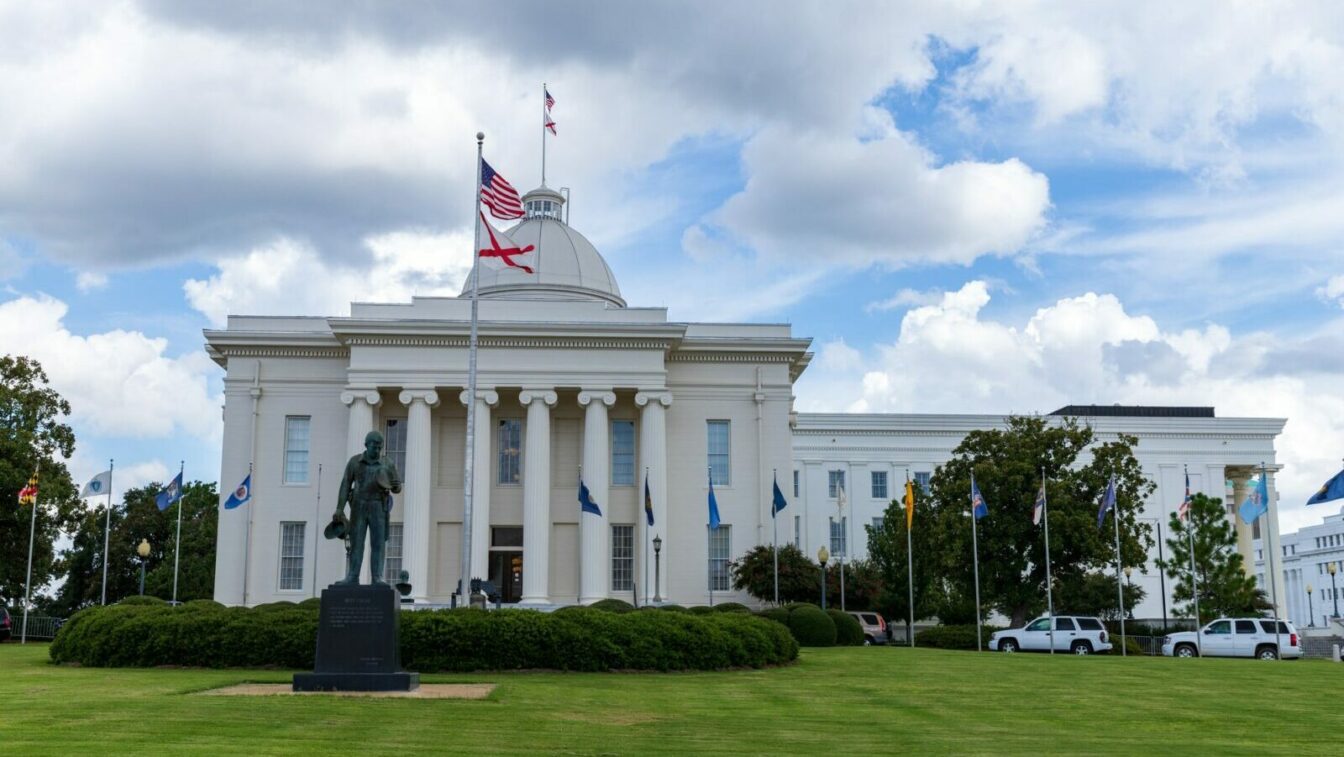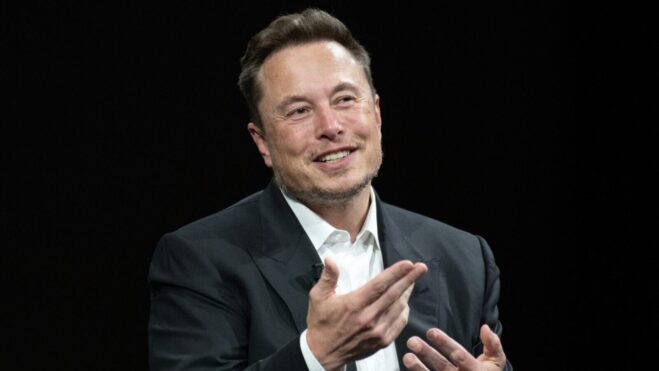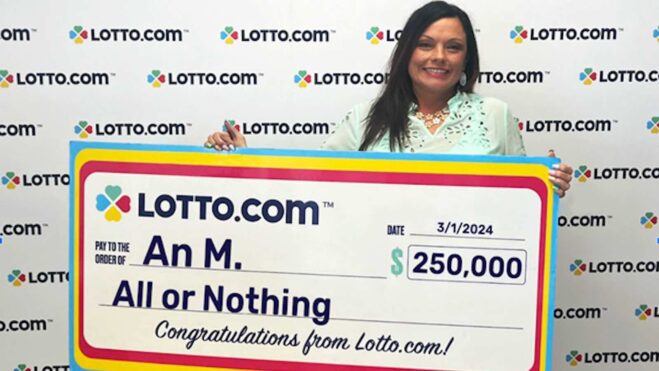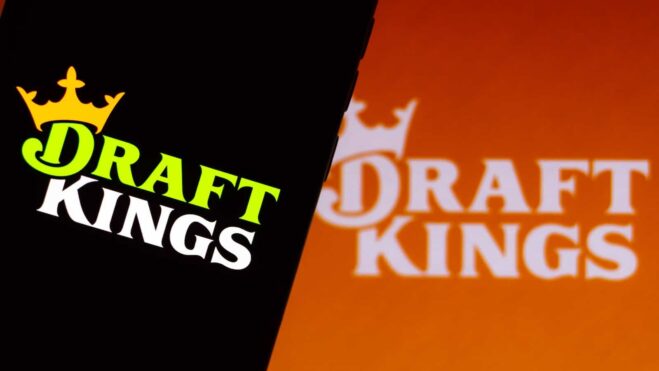Elon Musk Faces Legal Scrutiny Over $1 Million Lottery-Style Giveaway To Swing State Voters
The X and Tesla CEO may be violating federal election laws with his latest scheme
2 min
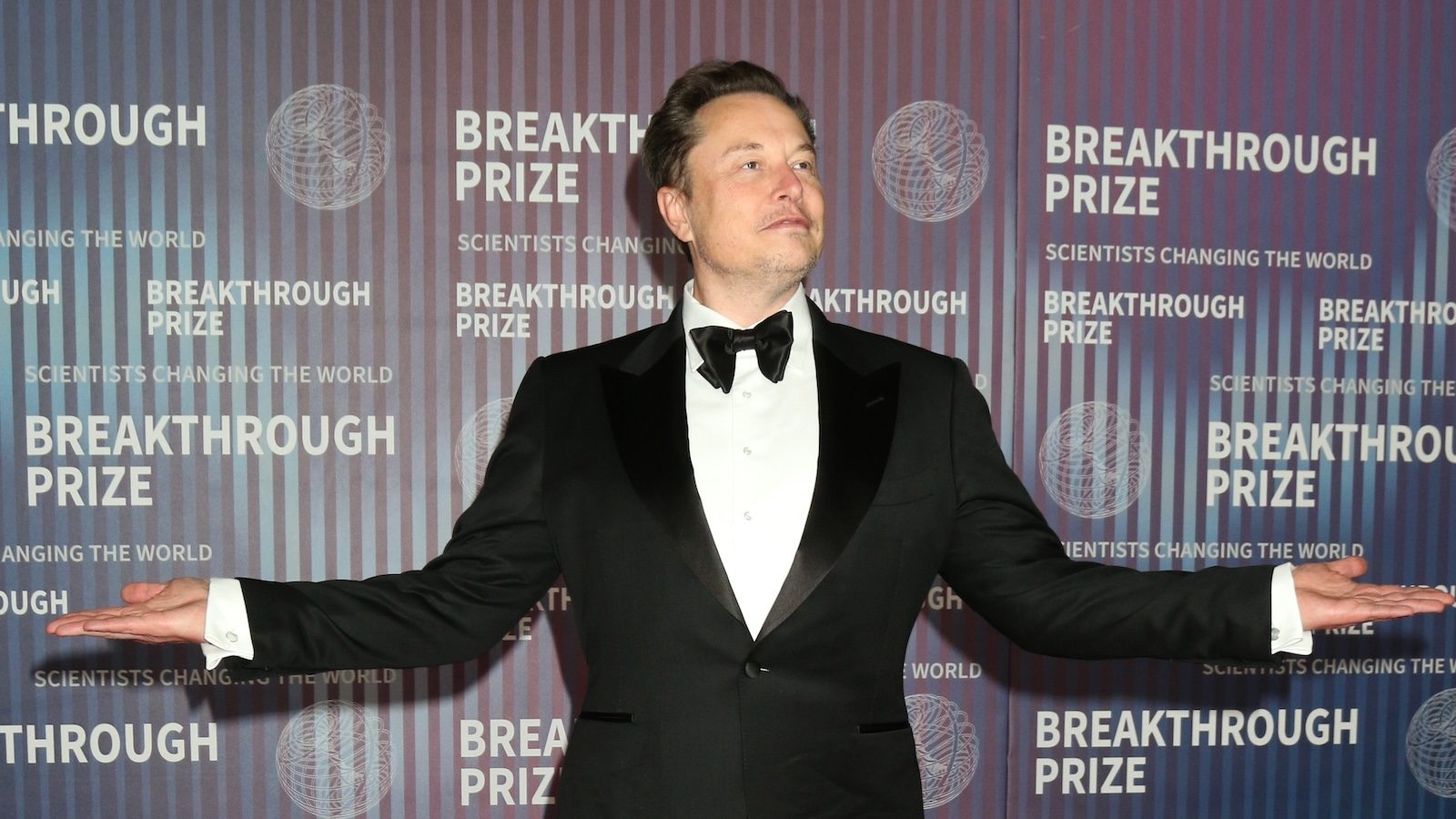
Elon Musk, who’s no stranger to controversy, now finds himself entangled in new drama over his latest political initiative. Musk announced at a rally in Harrisburg, Pennsylvania, on Oct. 21 that he plans to give away $1 million each day to registered voters in key swing states, a move that has drawn sharp criticism from legal experts who argue that his actions — akin to lottery draws — may be in violation of federal election law.
The billionaire’s announcement came as part of his ongoing political efforts through his America PAC, which he formed to advocate, purportedly, for free speech and Second Amendment rights. The giveaway, aimed at individuals who sign a petition aligned with these causes, is restricted to registered voters in seven battleground states: Arizona, Georgia, Michigan, Nevada, North Carolina, Pennsylvania, and Wisconsin. According to the petition’s fine print, both the petitioner and the person who refers them must be registered voters in one of these states to be eligible for a daily $1 million prize drawing offered by Musk.
The initiative immediately raised red flags for election law experts, including UCLA law professor Rick Hasen, who published a detailed critique of the program on his Election Law Blog. Hasen contended that Musk’s plan, particularly its requirement that participants be registered voters, amounts to a clear violation of federal law.
“Though maybe some of the other things Musk was doing were of murky legality, this one is clearly illegal,” Hasen wrote, referring to Section 10307(c) of Title 52 of the U.S. Code. This statute prohibits offering money or other benefits in exchange for voter registration. Hasen pointed out that the law is unequivocal in its language, stating that anyone who “pays or offers to pay or accepts payment either for registration to vote” is in violation of the statute.
Buying political support
Musk’s America PAC petition does not explicitly tie the prize to a commitment to vote, but Hasen argued that the mere act of conditioning eligibility on voter registration likely runs afoul of the statute. He further cited the Department of Justice’s Federal Prosecution of Elections Offenses manual, which outlines that bribery in the context of elections can include “anything having monetary value,” such as cash, gifts, or other incentives.
According to the manual, for a payment to be illegal under election law, it must be intended to induce or reward a voter for performing an action necessary to cast a ballot — such as registering to vote.
At the rally, Musk, who has been an open supporter of Donald Trump’s re-election bid, presented a $1 million check to Harrisburg voter John Dreher, the first person to win the giveaway. Dreher, standing on stage next to Musk, appeared elated by the windfall.
“I think this is kind of fun,” the X owner and Tesla CEO remarked, drawing cheers from the crowd. He went on to frame the giveaway as part of his broader push to protect constitutional rights and to engage voters in the political process.
The tech billionaire, known for his unorthodox approaches, claimed that the initiative was intended to encourage civic participation and dialogue on important issues. However, the legal system may not agree.
Under further review
Hasen and other legal experts warned that Musk’s plan, if not restructured, could lead to legal repercussions. “This is not just about the ethics of what Musk is doing — it’s about the law,” Hasen wrote. “The federal statute he appears to be violating was designed to prevent precisely this kind of manipulation of voter registration.”
Hasen isn’t the only one to speak out. Pennsylvania Gov. Josh Shapiro told NBC’s Meet the Press this weekend that the giveaway is “deeply concerning.” He added that he feels that law enforcement should investigate the scheme.
Musk, who has increasingly voiced his political opinions and concerns about free speech, has positioned himself as an outsider challenging what he sees as a broken system. However, the blowback to this latest initiative suggests that even billionaires are subject to legal boundaries when it comes to election laws.
Still, having contributed over $75 million of his own money to Trump’s campaign, he may be betting on getting a free pass should Trump get elected.

